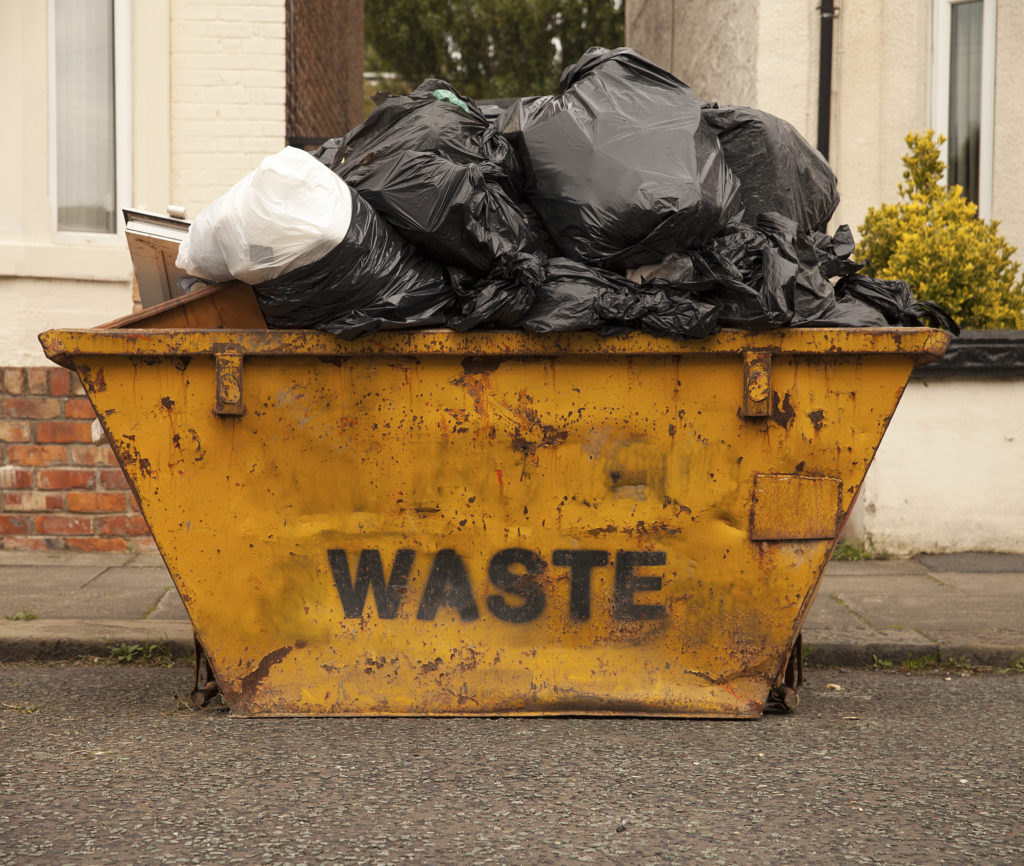
For as long as he can remember, Jeff Ferrell has had a hunter-gatherer approach to life, exploring the path not taken to see what he could find. Riding around on a scrounged mountain bicycle, Ferrell investigates people’s trash, finding an endless array of discarded items, from scrap metal and new clothes to unopened presents.
“I grew up in a family dedicated to social justice — my parents were advocates,” recalled Ferrell, 61, a professor in the sociology and anthropology department at Fort Worth’s Texas Christian University. “It rubbed off on me.”
Ferrell was in his mid-20s when he started dumpster diving. He was shocked by the number of useable items that were discarded. “I realized that consumers produce so much waste, and I hated to see things go to waste. It struck me that we needed to examine our lives to intervene and help the environment.”
Ferrell recounts his dumpster diving experiences both in his sociology classes and in the book “Empire of Scrounge: Inside the Urban Underground of Dumpster Diving, Trash Picking, and Street Scavenging,” published in 2006.
In the book, he questions society’s idea of what qualifies as waste and looks at its impact on the environment. He argues that consumer attitudes are to blame for many wasteful practices.
The majority of the tools and clothes he finds go to charity, and he’s known locally as the “Robin Hood of the Dumpster.”
Ferrell takes a less romanticized view. “I’m not stealing from the rich but taking the leftovers the affluent throw away and giving them to people who need them.”
Ferrell recounts five lessons from his dumpster diving experiences that he leverages to both educate his TCU students and to cultivate a wider conversation about how we as a society think about what is valuable and what is junk.
Practice patience
“You have needs that don’t get solved immediately, but instead of running to the store and buying something, make a mental note of what you need, like tools,” he said. “It taught me to slow down and eventually I find the doorknobs I need or the wrench I need. So instead of rushing to solve problems I wait for them to solve themselves.”
Consumerism can be wasteful
“Consumerism is a waste machine — all the new fashions, new phones, all the latest things we’re told to want,” he said. “Every time you buy something new, what happens to the old version you have? The trash isn’t trash. A great amount of what I find is not trash at all; it’s discarded consumer items.”
Repurposing is more diverse than you think
“People don’t realize not only are homeless folks digging through trash, some are minimum-wage workers looking for clothes for their kids or tools for their shed,” Ferrell said. “Others are artists who dumpster dive for material. Others are immigrants who don’t have their green card and are living out of dumpsters. It’s not just the one person you spot with the shopping cart.”
Clean up your community
“You’re always part of a community when you are dumpster diving. So one thing I’m dedicated to is leaving the dumpster neater than I found it,” Ferrell said. “People know I’m going to help look after the trash. Now hundreds of people sort of know me, and they’ll leave something outside for me. Even as a dumpster diver you can be part of a community and make the community a better place.”
Have humility
“Humility might be the biggest one: Let the universe make the first move,” Ferrell said. “Instead of thinking I want something and I’m going out to find it, it’s more like I find something and learn to want it. For instance, as a consumer I want to go buy a new jacket. Instead I find a jacket and realize I like it and can use it. So learn to want what you find.”
